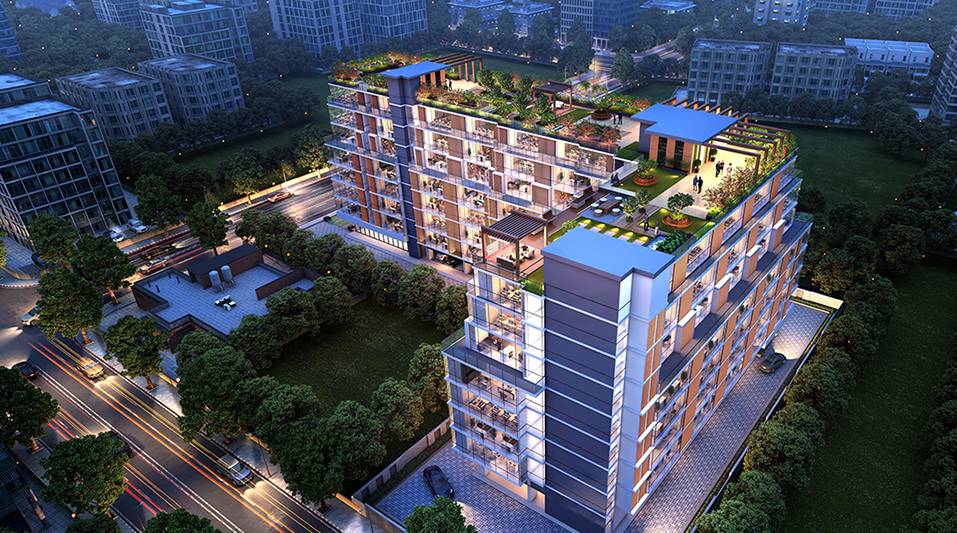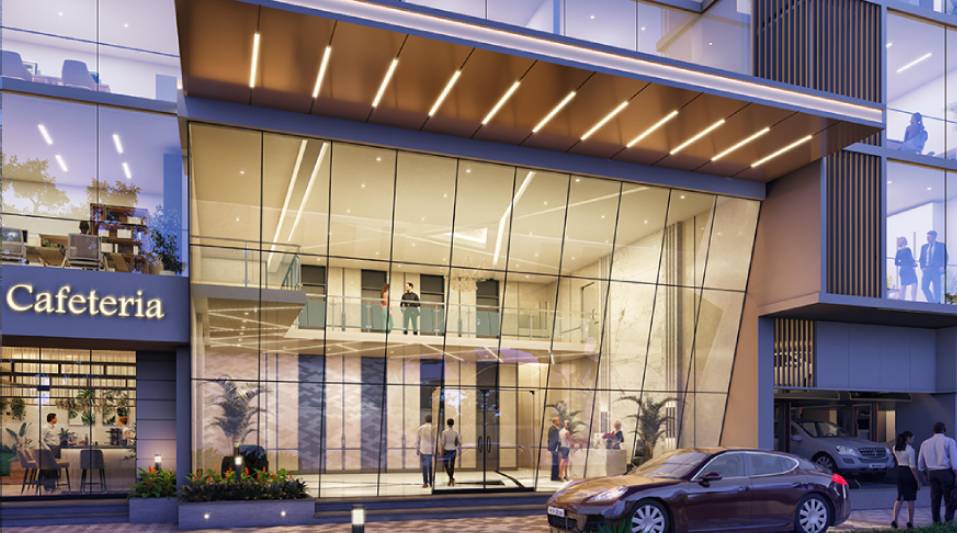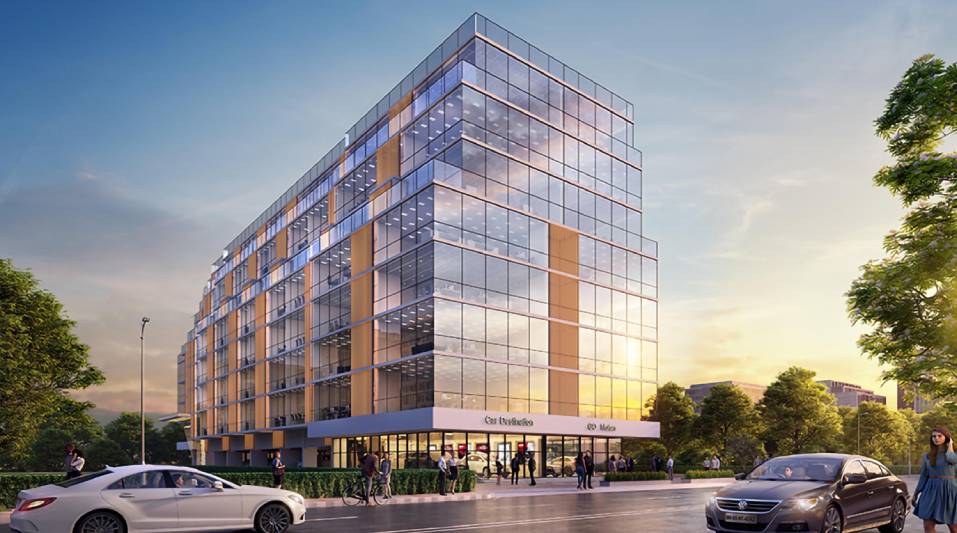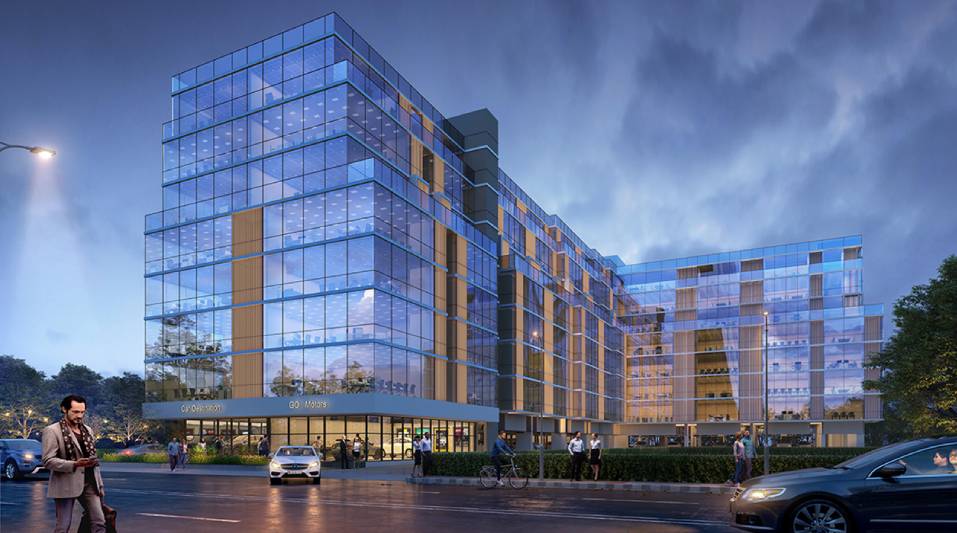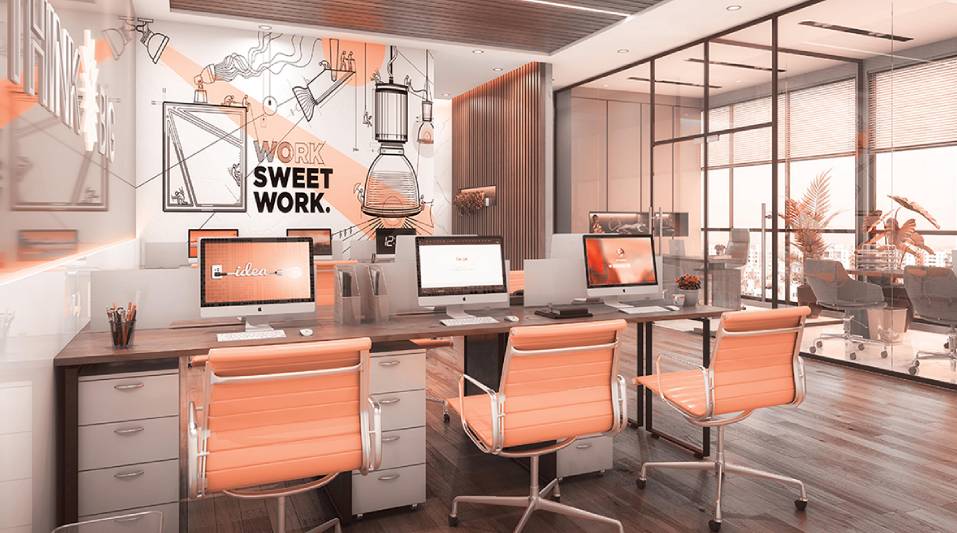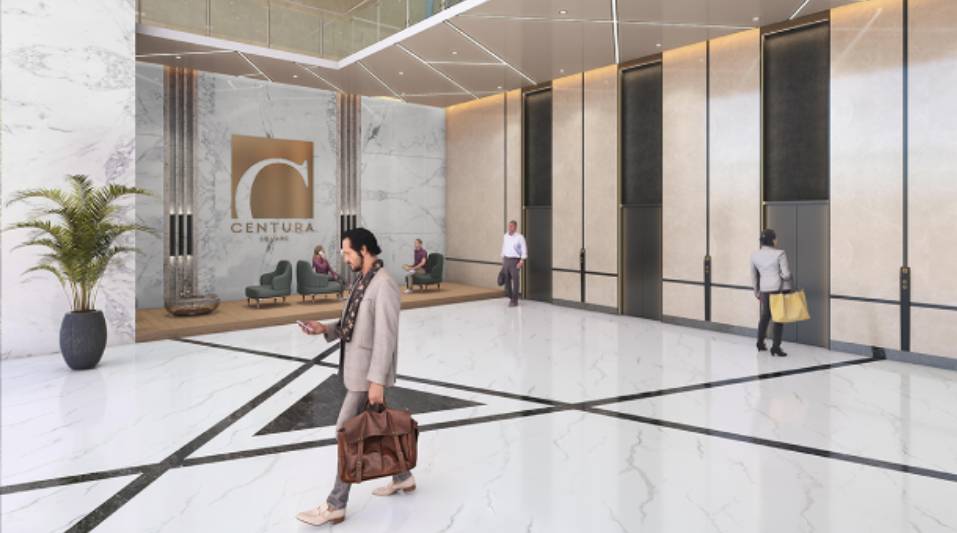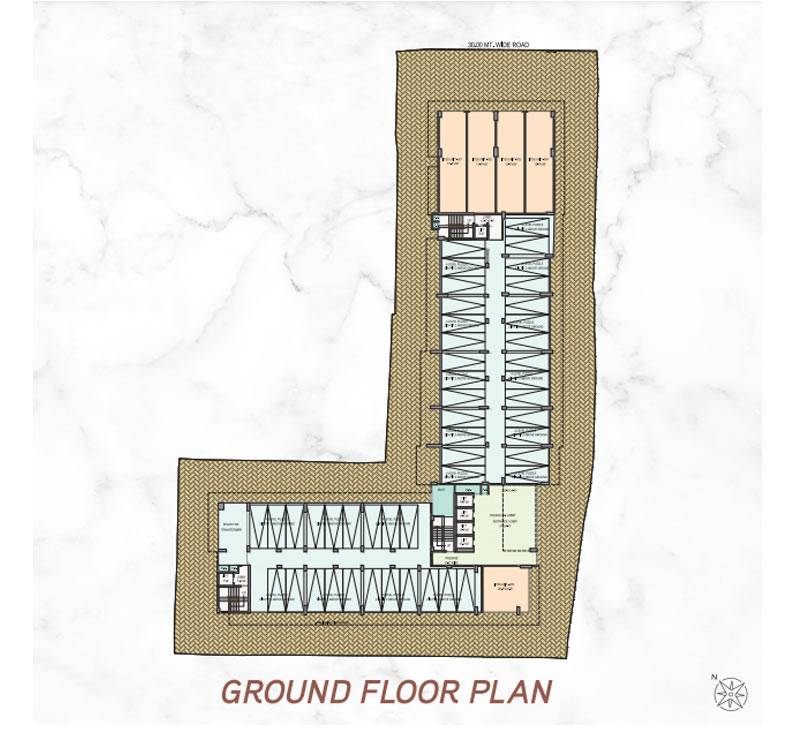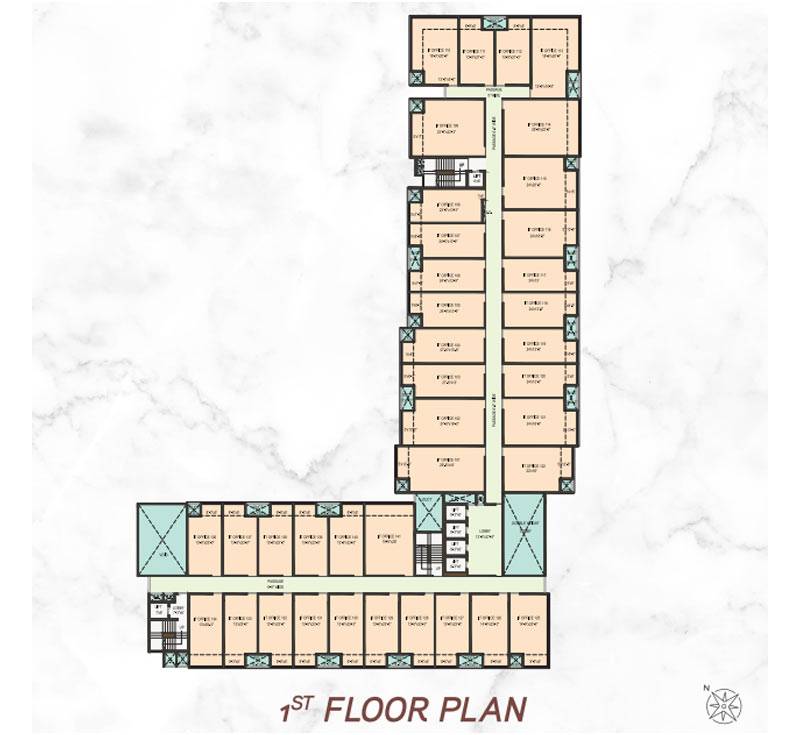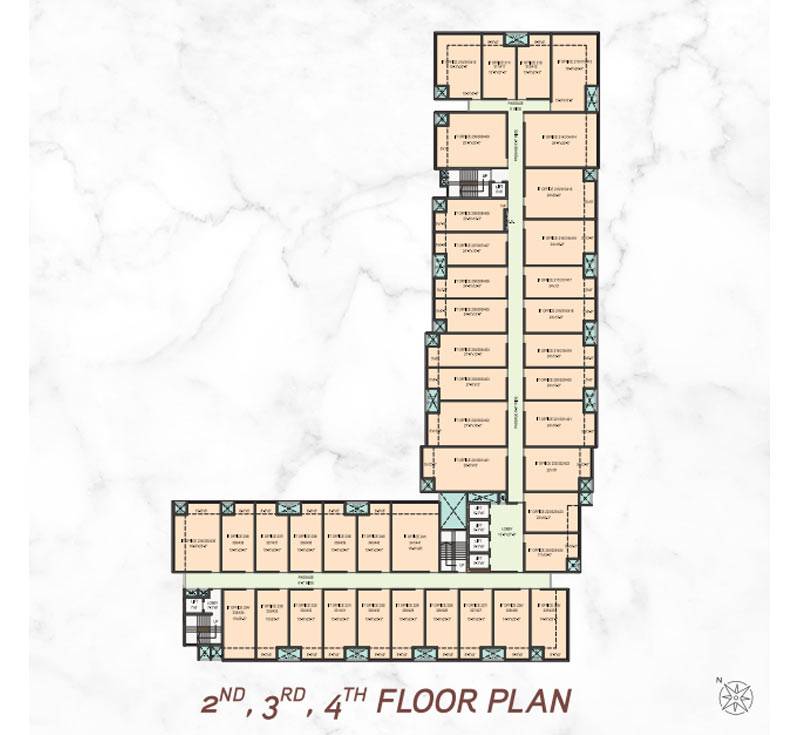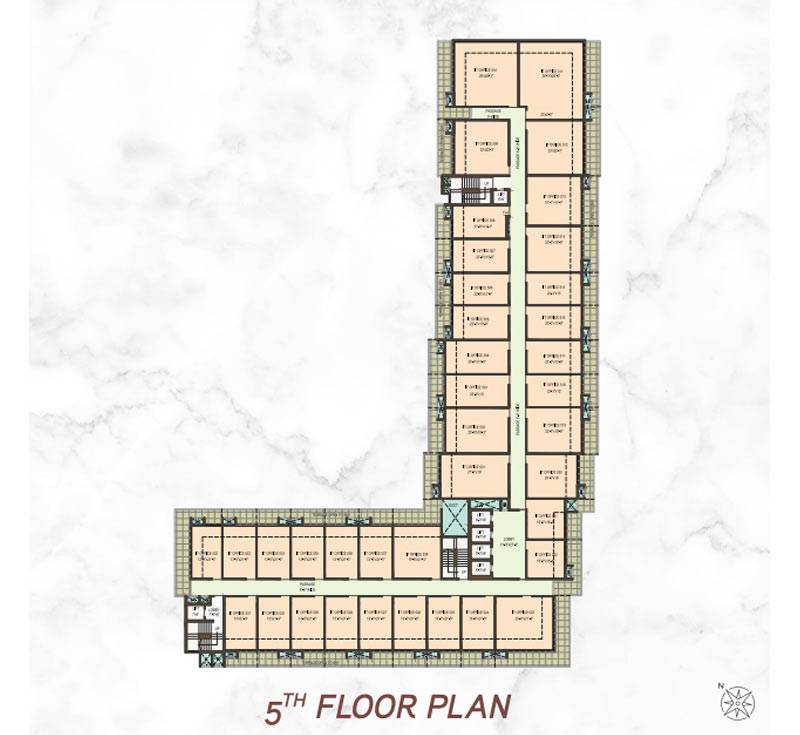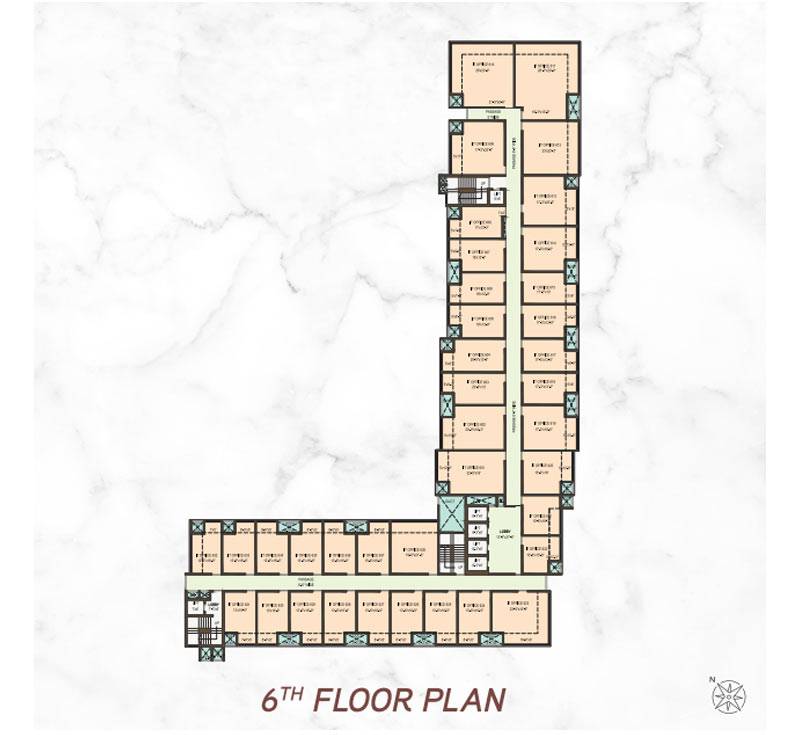February 2022
Tips for buying your first rental property
Thinking about purchasing an investment property? Real estate has produced many of the world’s wealthiest people, so there are plenty of reasons to think that it is a sound investment. Experts agree, however, that as with any investment, it’s better to be well-versed before diving in with hundreds of thousands of dollars. Here are the factors and challenges you should consider before buying your first rental property.
KEY TAKEAWAYS
- Investing in rental property can be lucrative, but it can come with many challenges.
- Borrowers usually need to secure at least a 20% down payment for a rental property mortgage.
- Being a landlord requires a broad array of skills, from understanding basic tenant law to fixing a leaky faucet.
- Experts recommend having a financial cushion in case you don’t rent out the property, or if the rental income doesn’t cover the mortgage.
Decide If You’re Cut Out to Be a Landlord
Being a landlord can be a good way to earn real estate income, but it’s not easy or glamorous. In addition to choosing the right property, prepping the unit, and finding reliable tenants, there are always maintenance hassles and headaches.
Do you know your way around a toolbox? How are you at repairing drywall or unclogging a toilet? Sure, you could call somebody to do it for you or you could hire a property manager, but that will eat into your profits. Property owners who have one or two homes often do their own repairs to save money.
Of course, that changes as you add more properties to your portfolio. Lawrence Pereira, president of King Harbor Wealth Management in Redondo Beach, Calif., lives on the West Coast but owns properties on the East Coast. As someone who says he’s not at all handy, he makes it work. How? “I put together a solid team of cleaners, handymen, and contractors,” says Pereira.
Pay Down Personal Debt
Savvy investors might carry debt as part of their portfolio investment strategy, but the average person should avoid it. If you have student loans, unpaid medical bills, or children who will attend college soon, purchasing a rental property may not be the right move for now.
Pereira agrees that being cautious is key, saying, “It’s not necessary to pay down debt if your return from your real estate is greater than the cost of debt. That is the calculation you need to make.” Pereira suggests having a cash cushion. “Don’t put yourself in a position where you lack the cash to make payments on your debt. Always have a margin of safety.”
Secure a 20% (or Larger) Down Payment
Investment properties generally require a larger down payment than owner-occupied properties do; they have more stringent approval requirements. The 3% you may have put down on the home where you currently live isn’t going to work for an investment property. You will need at least a 20% down payment, given that mortgage insurance isn’t available on rental properties. You may, however, be able to obtain the down payment through bank financing, such as a personal loan.
Find the Right Location
The last thing you want is to be stuck with a rental property in an area that is declining rather than stable or picking up steam. A city or locale where the population is growing and a revitalization plan is underway represents a potential investment opportunity.
When choosing a profitable rental property, look for a location with low property taxes, a decent school district, and plenty of amenities, such as restaurants, coffee shops, shopping, trails, and parks. In addition, a neighborhood with a low crime rate, easy access to public transportation, and a growing job market may mean a larger pool of potential renters.
Should You Buy or Finance?
Is it better to buy with cash or to finance your investment property? That depends on your investing goals. Paying cash can help generate positive monthly cash flow. Take a rental property that costs $100,000 to buy. With rental income, taxes, depreciation, and income tax, the cash buyer could see $9,500 in annual earnings—or a 9.5% annual return on the $100,000 investment.
On the other hand, financing can get you a greater return. For example, say an investor puts down 20% on a house, with compounding at 4% on the mortgage. After taking out operating expenses and additional interest, the earnings add up to roughly $5,580 per year. Cash flow is lower for the investor, but a 27.9% annual return on the $20,000 investment is much higher than the 9.5% earned by the cash buyer.
How to Get a Mortgage for Rental Property
Though a rental property mortgage is basically the same as a primary residence mortgage, there are some key differences. For starters, there are higher rates of default on rental property loans because borrowers facing financial troubles tend to focus on a primary home’s mortgage first. The added risk means lenders typically charge higher interest rates on rental properties.
Then there are the underwriting standards, which tend to be more strict for rental properties. In general, mortgage lenders focus on the borrower’s credit score, down payment, and debt-to-income ratio. The same factors apply to rental property mortgages, but the borrower will likely be held to more stringent credit score and DTI thresholds—and a higher minimum down payment. Additionally, the lender may take a closer look at the borrower’s employment history and income and want to see prior experience as a landlord.
In general, here’s what lenders require from borrowers to approve a rental property mortgage:
- Credit score: A minimum score of 620, with better rates and terms offered with scores of 740 and higher.
- Down payment: It’s possible to put down as little as 3% on a conventional mortgage for a primary residence, but borrowers have to pay private mortgage insurance (PMI) if the down payment is less than 20%. PMI doesn’t apply to rental property mortgages, so borrowers generally have to put down at least 15% to 20%.
- Debt-to-income ratio (DTI): DTI represents the percentage of the borrower’s monthly income that goes toward paying off debt. Though limits are more flexible for primary residence mortgages, borrowers should have a DTI that falls between 36% and 45% to qualify for a rental property mortgage.
- Savings: In addition to showing a favorable debt-to-income ratio, borrowers should also have enough money in the bank to cover three to six months of mortgage payments, including principal, interest, taxes, and insurance.
Beware of High Interest Rates
The cost of borrowing money might be relatively cheap in 2021, but the interest rate on an investment property is generally higher than it is for a traditional mortgage. If you do decide to finance your purchase, you need a low mortgage payment that won’t eat into your monthly profits too much.
Calculate Your Margins
Wall Street firms that buy distressed properties aim for returns of 5% to 7% because, among other expenses, they need to pay staff. Individuals should set a goal of a 10% return. Estimate maintenance costs at 1% of the property value annually. Other costs include homeowners insurance, possible homeowners association fees, property taxes, monthly expenses such as pest control, and landscaping, along with regular maintenance expenses for repairs.
Invest in Landlord Insurance
Protect your new investment: In addition to homeowners insurance, rental property owners should always purchase landlord insurance. This type of insurance generally covers property damage, lost rental income, and liability protection—in case a tenant or a visitor suffers an injury as a result of property maintenance issues.
Keep in mind that standard homeowners insurance policies may not cover losses incurred while the home is rented out.Contact your insurance agent to make sure you are adequately insured.
Factor in Unexpected Costs
It’s not just maintenance and upkeep costs that will eat into your rental income. There’s always the potential for an emergency to crop up—roof damage from a hurricane, for instance, or burst pipes that destroy a kitchen floor. Plan to set aside 20% to 30% of your rental income for these types of costs so you have a fund to pay for timely repairs.
Avoid a Fixer-Upper
It’s tempting to look for the house that you can get at a bargain and flip into a rental property. However, if this is your first property, that’s probably a bad idea. Unless you have a contractor who does quality work on the cheap—or you’re skilled at large-scale home improvements—you likely would pay too much to renovate. Instead, look for a home that is priced below the market and needs only minor repairs.
Calculate Operating Expenses
Operating expenses on your new property will be between 35% and 80% of your gross operating income. If you charge $1,500 for rent and your expenses come in at $600 per month, you’re at 40% for operating expenses. For an even easier calculation, use the 50% rule. If the rent you charge is $2,000 per month, expect to pay $1,000 in total expenses.
Determine Your Return
For every dollar that you invest, what is your return on that dollar? Stocks may offer a 7.5% cash-on-cash return, while bonds may pay 4.5%. A 6% return in your first year as a landlord is considered healthy, especially because that number should rise over time.
Buy a Low-Cost Home
The more expensive the home, the greater your ongoing expenses will be. Some experts recommend starting with a $150,000 to $200,000 home in an up-and-coming neighborhood. In addition, experts advise never to buy the nicest house for sale on the block—and ditto for the worst house on the block.
Is buying a condo a good investment?
Condos can be a good option for rental property buyers because they tend to be more affordable than comparable single-family homes, and they are often located in desirable locations (think: at the beach or a ski resort). Additionally, condos often have fewer maintenance demands because owners aren’t responsible for taking care of the grounds or the building’s exterior.
Still, financing a condo can be trickier than getting a mortgage for a single-family home. For instance, most lenders require that at least 50% of the units are owner-occupied and that the homeowners association is in good shape. It’s also important to consider potential special assessments. You may be able to swing the monthly dues with no problems, but if the building needs, say, a new roof, you may owe a special one-time payment that could be thousands (or tens of thousands) of dollars.
Know Your Legal Obligations
Rental owners need to be familiar with the landlord-tenant laws in their state and locale. It’s important to understand, for example, your tenants’ rights and your obligations regarding security deposits, lease requirements, eviction rules, fair housing, and more in order to avoid legal hassles.
When to Hire a Property Manager
Rental property owners can manage the property themselves or hire a property manager. It can be a hard decision to make because property managers typically charge between 8% and 12% of collected rents, which can really eat into profits.
Still, hiring an experienced property manager can be well worth the cost. After all, it means less work and fewer headaches for you, as you take advantage of their industry expertise. In general, a property manager will:
- Know how to market the property
- Understand the local rental market and ensure you price the rental accordingly
- Show the property to potential tenants (so you don’t have to)
- Screen tenants (for example, conduct credit checks and verify references)
- Collect rent on your behalf and deposit the money into your bank account
- Handle late rents and navigate the eviction process
- Handle tenant complaints
- Arrange maintenance and repair work
- Pay property-related bills, such as property taxes, utilities, and insurance
To decide if hiring a property manager makes financial sense for you, ask yourself these questions:
- Do I have time to manage the property myself? If you have another full-time job, you likely won’t have the time or energy to manage a property on your own. This is especially true if you own multiple properties.
- How close is the rental property to my home? Being far away from the rental takes more time out of your day and makes it more difficult to manage routine and urgent issues.
- Am I willing to deal with tenants? Even if you do a good job of screening, it’s likely you’ll have to deal with unreasonable tenants, late rents, and evictions at some point. Is that something you’re willing to do?
- Is my rental property for short-term or long-term tenants? It might be easier to self-manage if you are looking for long-term renters. But if it’s a short-term rental (for example, an Airbnb), you will be dealing with many different tenants—and potentially a lot of complaints and maintenance issues.
- Do you need to be in control? If you will have a hard time handing over responsibilities such as choosing tenants and performing maintenance tasks, you may be better off managing the property yourself.
Weigh the Risks vs. the Rewards
In every financial decision, you must determine if the payoff is worth the potential risks involved. Does investing in real estate make sense for you?
Rewards
- Because your income is passive, notwithstanding the initial investment and upkeep costs, you can earn money while putting most of your time and energy into your regular job.
- If real estate values increase, your investment also will rise in value.
- You can put real estate into a self-directed IRA (SDIRA).
- Rental income is not included as part of your income that’s subject to Social Security tax.
- The interest you pay on an investment property loan is tax-deductible.
- Short of another crisis, real estate values are generally more stable than the stock market.
- Unlike investing in stocks or other financial products that you cannot see or touch, real estate is a tangible physical asset.
Risks
- Although rental income is passive, tenants can be a pain to deal with unless you use a property management company.
- If your adjusted gross income (AGI) is more than $200,000 (single) or $250,000 (married filing jointly), you may be subject to a 3.8% surtax on net investment income, including rental income.
- Rental income may not cover your total mortgage payment.
- Unlike stocks, you can’t instantly sell real estate if the markets go sour or you need cash.
- Entry and exit costs can be high.
- If you don’t have a tenant, you still need to pay all the expenses.
Should I Find a Real Estate Investing Partner?
If you would like to invest in a rental property but don’t have the money (or expertise) to make it happen, you might want to consider a real estate partnership. In simple terms, an investing partner helps finance the deal in exchange for a share of the profits.
Keep in mind that a partnership isn’t an “easy button,” and it doesn’t get you out of any work. You still have to do your homework, practice your pitch, and be ready to show prospective partners that the investment makes financial sense.
How Do I Find a Real Estate Investing Partner?
You don’t need a Wall Street connection to find a real estate investor with which to partner. Instead, you can ask your own network of family and friends, find a local real estate investment club, consider real estate crowdfunding, or search for social media groups that target real estate investors.
How Much Down Payment Do You Need to Buy Investment Property?
Lenders typically have stricter guidelines when it comes to rental properties. Though you can buy a primary home with as little as 3% down, most borrowers need to put down 15% to 20% to buy a rental property. Rental property mortgages have a higher rate of default because borrowers in financial trouble tend to focus on their primary home’s mortgage first.
Should I Invest in a Condo?
Condos are often cheaper than comparable single-family homes, and they have fewer maintenance requirements. However, it can be more difficult to finance a condo, and you must consider the ongoing association dues and the potential for expensive special assessments. When considering a condo for an investment, be sure to investigate the financial health of the homeowners association and the current condition of the overall building—not just the individual unit.
The Bottom Line
Be realistic in your expectations. As with any investment, rental property isn’t going to produce a large monthly paycheck right away, and picking the wrong property could be a catastrophic mistake. Still, rental properties can be a lucrative way to invest in real estate. For your first rental property, consider working with an experienced partner. Or, rent out your own home for a period to test your proclivity for being a landlord.
Source: www.investopedia.com
Get To Know About: 5 Things To Keep in Mind While Choosing Your Office Space
